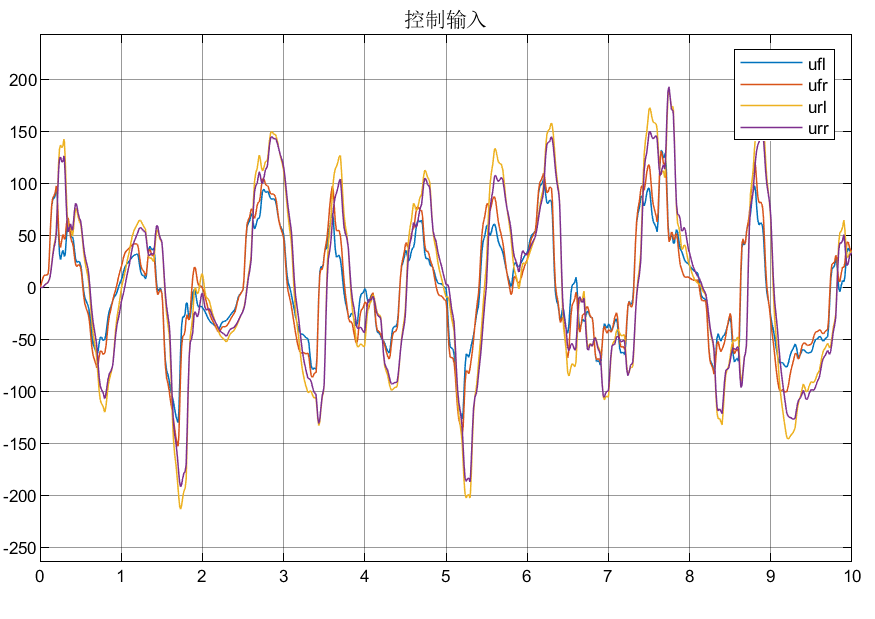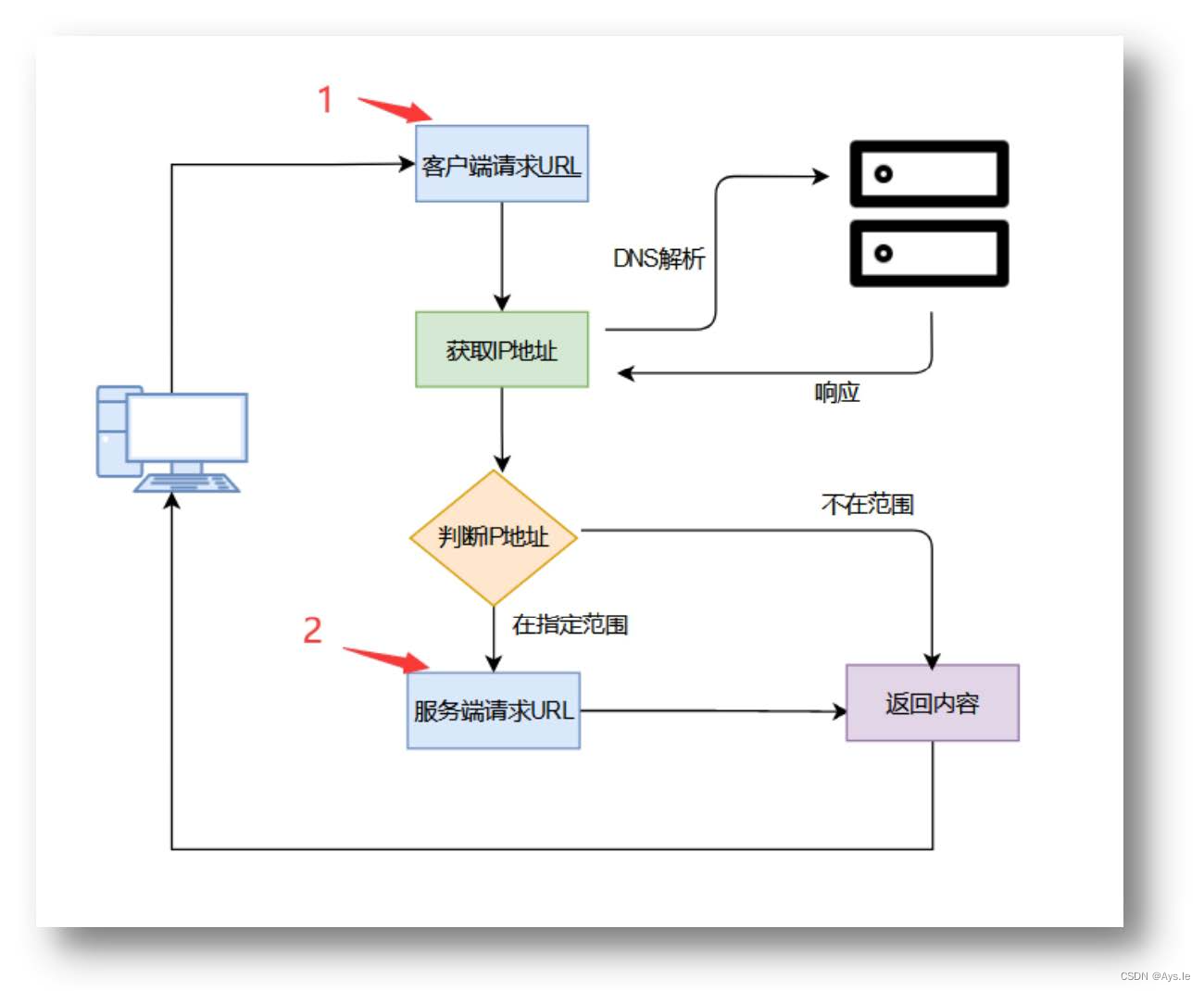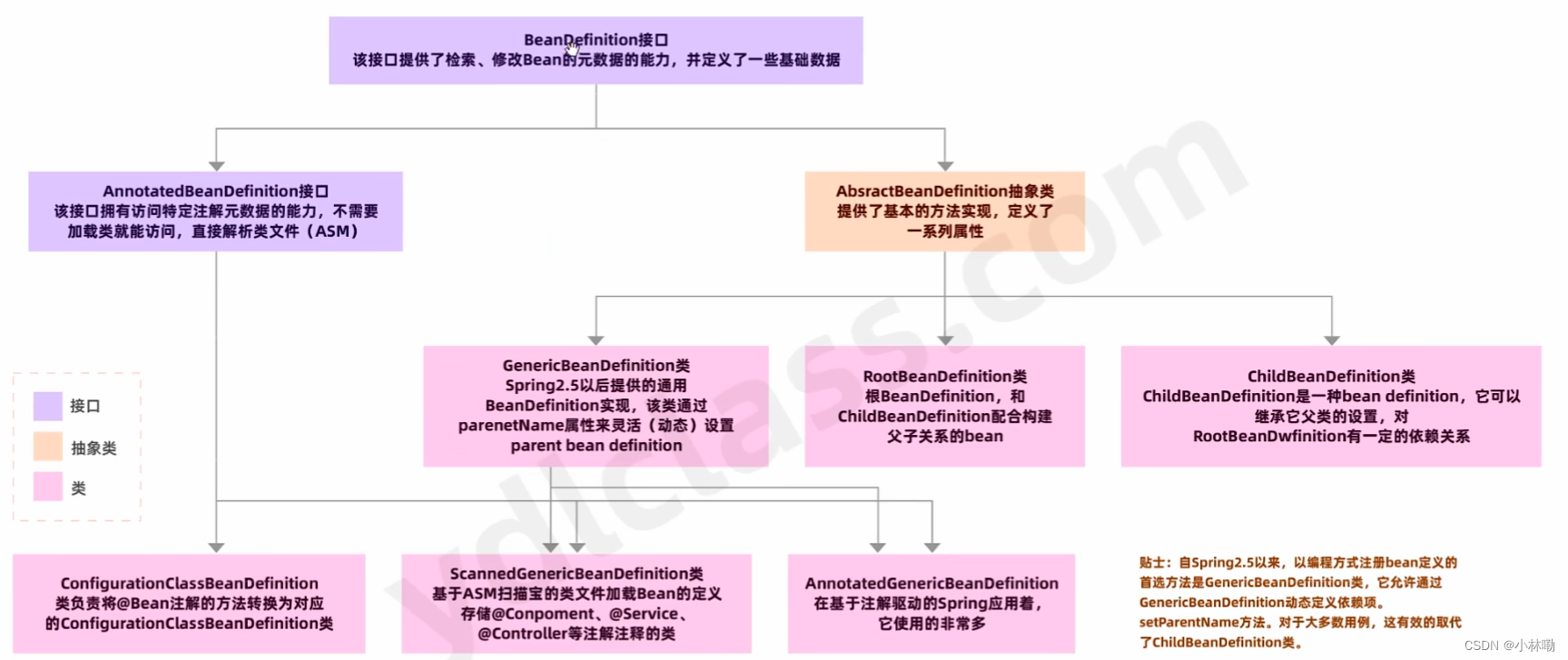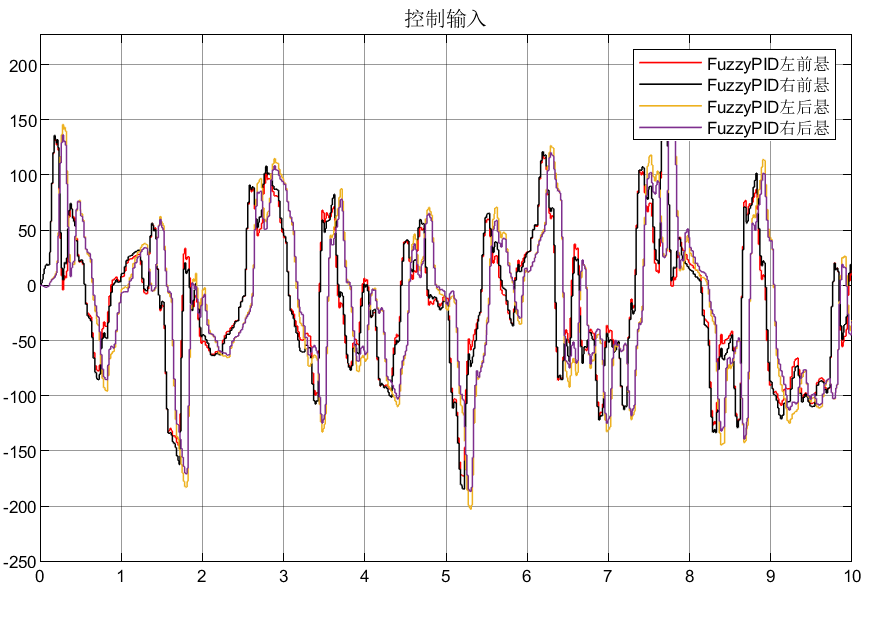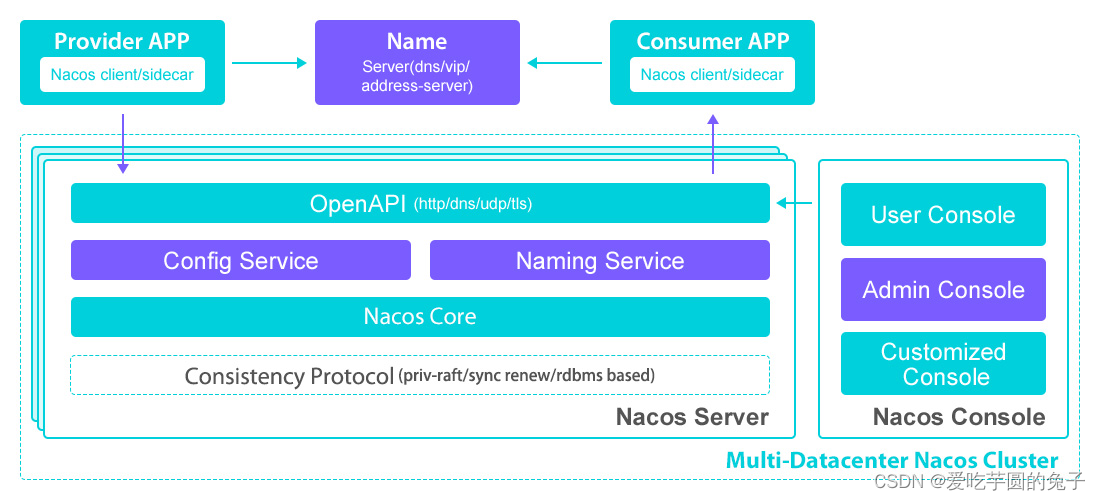Some Narcissists Chase Status, Others Want to Win Admiration
自恋并非自尊心膨胀,那它因何而来?

Narcissists often rub their friends and family the wrong way by bragging about their exploits, seemingly a symptom of an overinflated sense of self-esteem.
But new research finds that in some cases, narcissists actually have low self-esteem, but they’re not chasing a self-esteem boost with their self-aggrandizing behavior.Instead, they’re seeking status.
The research is a new piece of evidence that runs counter to the idea that self-esteem issues drive narcissism, said study leader Virgil Zeigler-Hill, a psychology professor at Oakland University in Michigan.
“What they really care about is navigating status hierarchies,” Zeigler-Hill told us.“They care about being better than other people, they care about other people respecting and admiring them, they care about the benefits you get from being high status.”
While self-esteem is how a person feels about themself, status perception is how they feel about how others see them, Zeigler-Hill says.Almost everyone cares, at some level, how they’re perceived by others.But for people with narcissism, status-seeking takes on an outsized role in how they feel about themselves.
- Understanding narcissism
People with narcissistic personality disorder express extreme levels of grandiosity about themselves and show a lack of empathy for others.But even people who don’t qualify for a diagnosis of the disorder can display certain narcissistic traits, such as arrogant behavior, a need for external validation and the expectation that they should be recognized as superior by others.
Psychologists once saw all of this as driven by the need to boost and protect self-esteem, Zeigler-Hill said.But in recent years, a more nuanced view has emerged.There are different types of narcissism, and some types do have inflated self-esteem, while others tend to actually have low self-esteem.
Zeigler-Hill’s work has also focused on the notion that self-esteem isn’t a narcissist’s main problem; instead, he said, narcissists are desperate for status, and their inflated self-esteem tends to be a consequence of feeling like they are admired and exalted, rather than the other way around.
To test this idea, Zeigler-Hill and his study co-author Jennifer Vonk, a cognitive psychologist at Oakland University, recruited undergraduate psychology students to take surveys on their levels of narcissistic traits.These standardized surveys ask respondents to rate their agreement or disagreement with statements like, “I will someday be famous,” and “I want my rivals to fail.”
The prevalence of narcissistic personality disorder in the U.S. is estimated at around 6 percent, according to 2008 research, so researchers expected to find few, if any, participants with the disorder.But people vary in their levels of narcissistic traits, so the researchers were able to compare individuals with more narcissistic tendencies with those with fewer.They then had the students make a daily report for up to seven days about their feelings of inclusion, social status and self-esteem.
- Highs and lows
The researchers found that students’ level of self-esteem differed by the kinds of narcissistic traits they reported.Students higher in a subtype of narcissism called “narcissistic admiration” did indeed have high self-esteem.In narcissistic admiration, Zeigler-Hill said, people tend to want to be on top of the social strata, but they tend to be charming and engaging to get there.
“There is a lot of self-promotion and bragging that goes on with these folks, but at least in small doses they get along well with other people,” Zeigler-Hill said.
On the other hand, people high in “narcissistic rivalry” see the world as a zero-sum game and experience a lot of envy and jealousy if other people get respect or admiration, because they think that praise detracts from their own status.They tend to be harder to get along with.And the research found that people high in narcissistic rivalry actually have low self-esteem.
Whether their self-esteem was high or low, however, narcissistic individuals’ daily reports of self-esteem were driven by how much status and inclusion they felt other people were granting them.The reason that people high in narcissistic admiration had high self-esteem was that they felt admired and included, the researchers reported in the January issue of the journal Identity.The reason people high in narcissistic rivalry had low self-esteem was that they felt disrespected and left out of the social hierarchy.
“It’s another piece of evidence suggesting that the ways in which narcissistic people are experiencing their social world are probably more important than their self-esteem,” Zeigler-Hill said.









